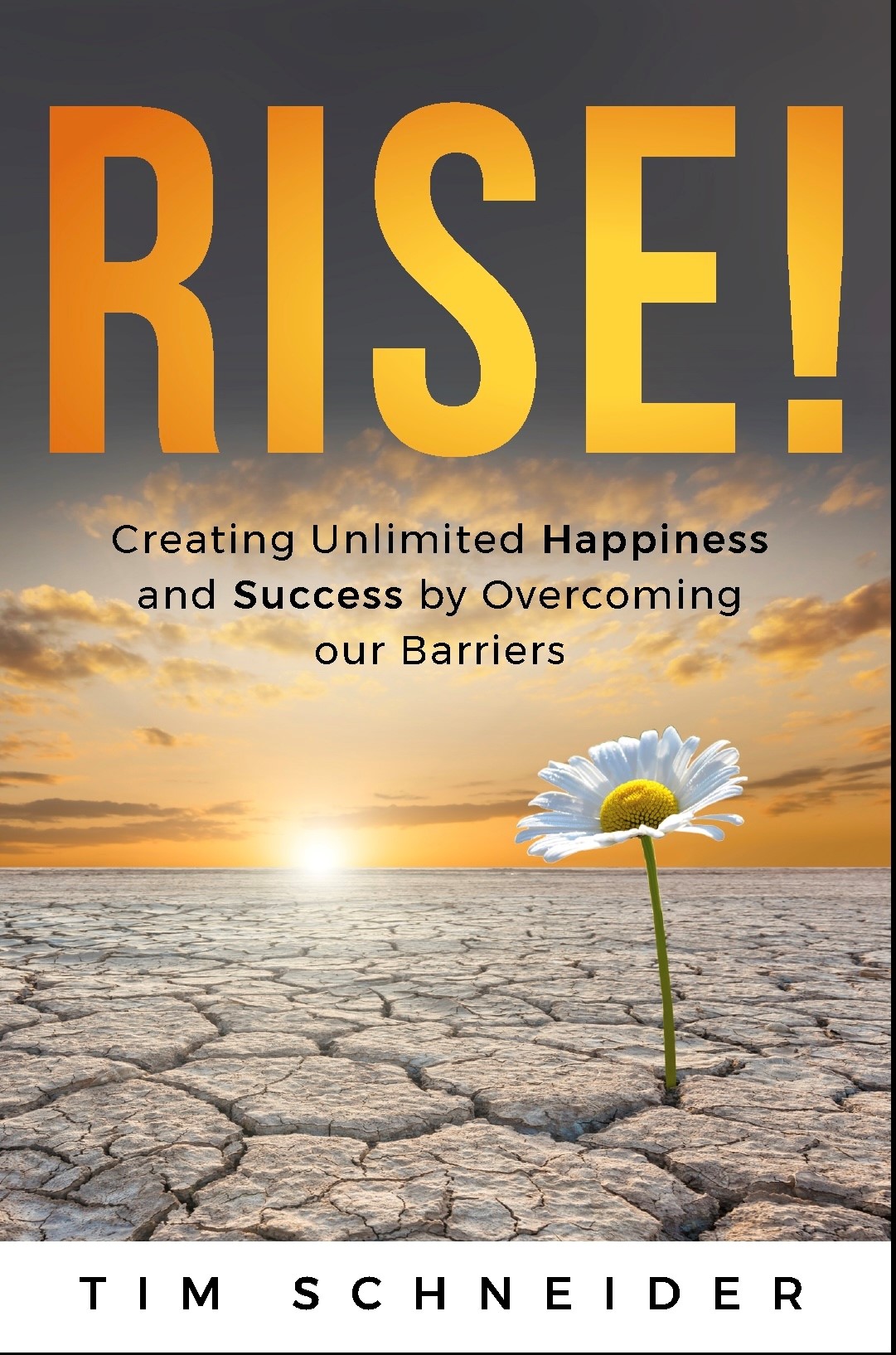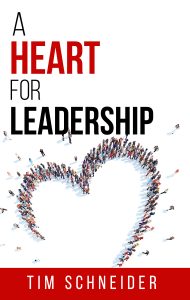By Polly Walker
What is your opinion on recognition? If you are a leader do you do it often? If you are a team member, do you value it? Most leaders, supervisors and managers don’t realize the value of recognition, and as a result they don’t give enough praise and recognition to their team members. They probably think that the “good” team members must be happy…they are productive and doing a great job, right? Wrong.
The following is based on a true story. The names have been changed to protect the innocent, high-performer. Jackie is a great team member. She has exemplary evaluations, always going above and beyond to finish projects on time. Her customer service is outstanding, she is always upbeat and a great team player. Jackie is pretty much the perfect employee. Jackie is such a perfect employee, in fact, that she only sees her supervisor about once a week for about 5 minutes at the coffee machine.
Is this ok? Not ok at all …but it happens all too often. Team members want (AND NEED!) interaction and praise from their leader. Here are some points to follow when giving positive feedback to your team members:
- Be consistent and be fair (recognize everyone equally and in the same manner)
- Be specific (outline what the team member is doing RIGHT)
- Offer praise as close to the event as possible (don’t wait until the quarterly one-on-one or the annual evaluation)
- Remember recognition is personal (some team members want recognition given in private, while others want it in the team meeting in front of their peers)
There is no such thing as too much “horn tooting” when it comes to recognizing your team members. Happy and productive team members are key to the success of your business. Leaders play a pivotal role in keeping them happy and productive…simply by offering praise and recognizing their value as often as possible.





